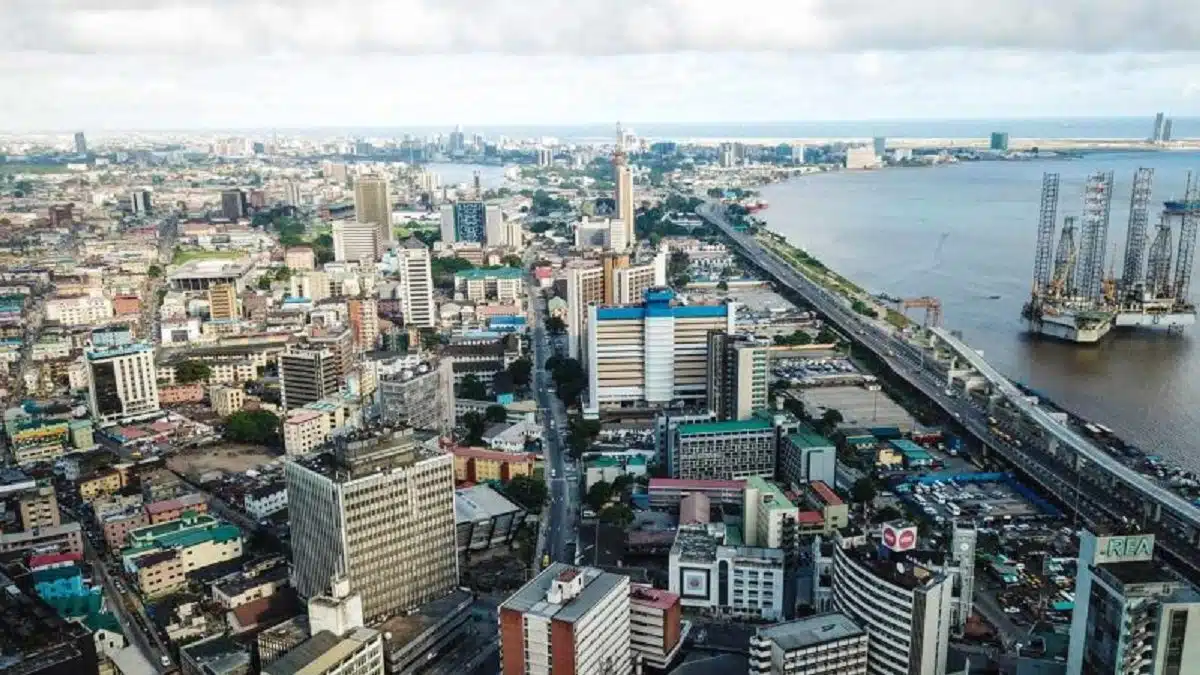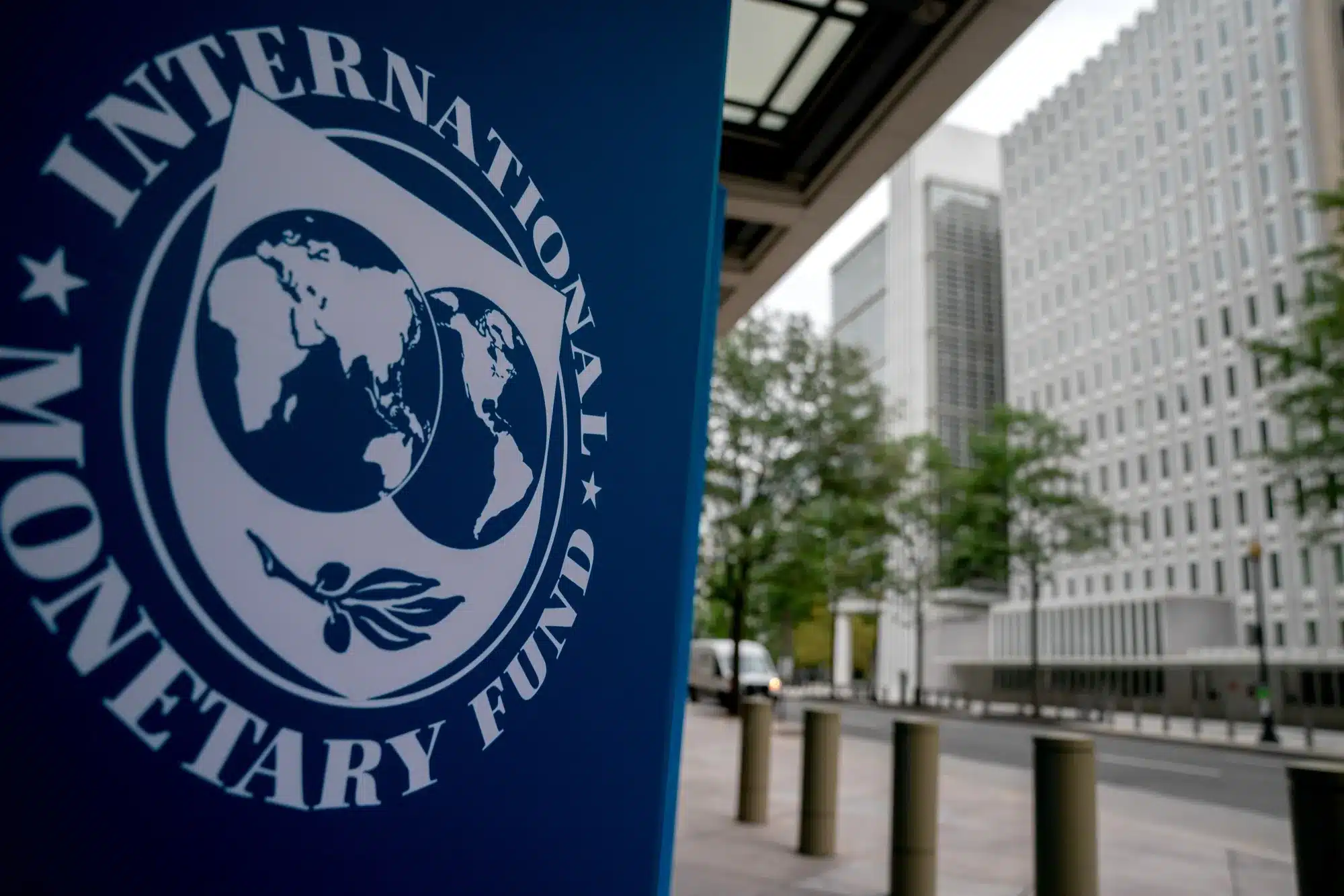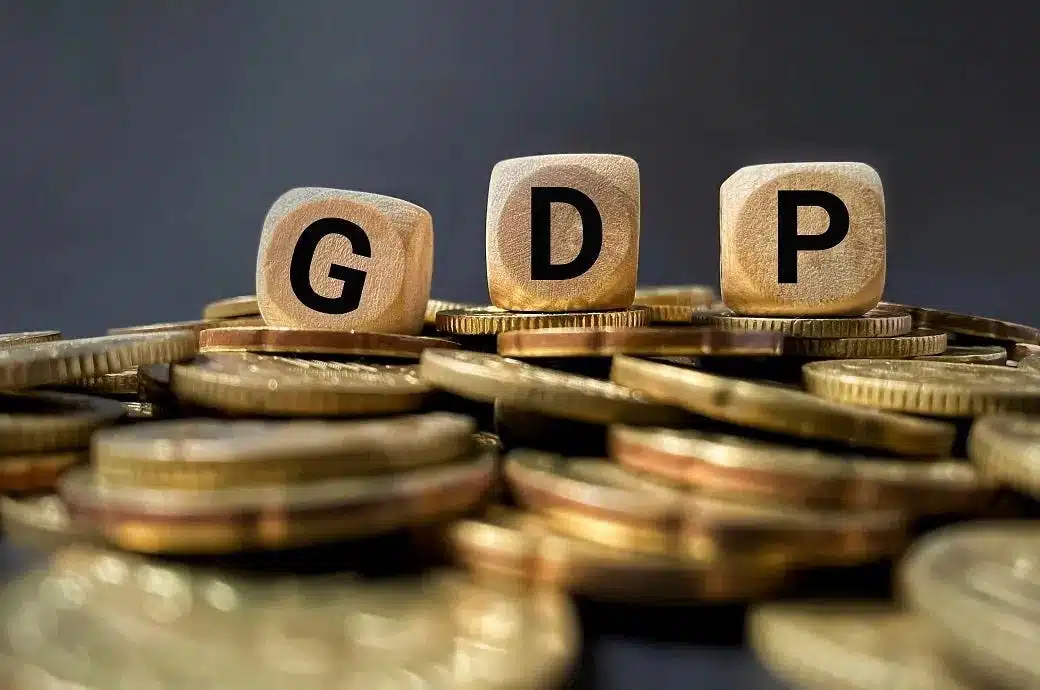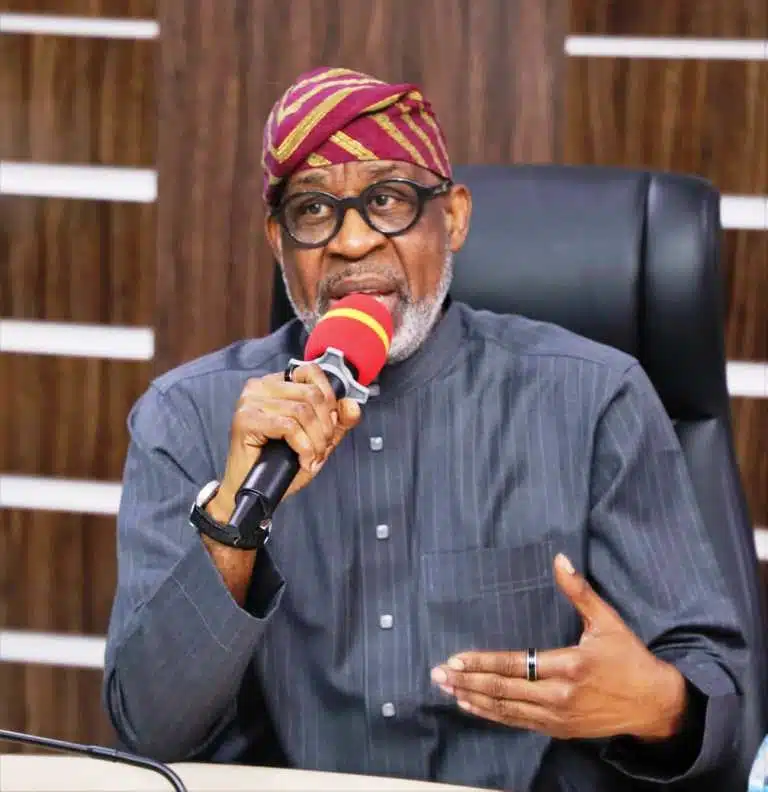Nigeria’s headline inflation rose for the first time since the rebasing of its consumer price index (CPI) basket, highlighting persistent price pressures that continue to test the government’s reform agenda.
Data from the National Bureau of Statistics (NBS) on Tuesday showed that inflation climbed to 24.23% year-on-year in March, up from 23.18% in February.
The increase was driven mainly by rising costs of food and non-alcoholic beverages, categories that weigh heavily on household spending in Africa’s most populous country.
This rebound shows a reversal from the sharp drop recorded in January, when a CPI rebasing exercise led to a recalibration of the inflation basket.
The update, which shifted the comparison base from 2009 to 2024 and re-weighted expenditure items, saw inflation fall from 34.80% in December to 24.48% in January.
Reform momentum meets fresh headwinds
The fresh uptick comes just days after Fitch Ratings upgraded Nigeria’s credit outlook from positive to stable, citing growing confidence in President Bola Tinubu’s market-friendly reforms.
Since assuming office in mid-2023, Tinubu has rolled out a series of bold policy shifts including exchange rate liberalisation, monetary policy tightening, fuel subsidy removal and the end of central bank financing of budget deficits.
According to Fitch, these changes have helped restore policy credibility and reduced near-term macroeconomic risks.
The stable outlook also reflects expectations that ongoing reforms will support a better functioning FX market and eventually lead to lower inflation, even if it remains elevated compared to rating peers.
Tougher days lie ahead as oil slumps, naira weakens
However, inflationary pressures may persist longer than hoped.
Oil prices—the cornerstone of Nigeria’s export earnings—have fallen sharply this month due to global trade tensions and an expected slowdown in demand.
A 13% slide in Brent crude has brought prices to around $64 per barrel, just above Nigeria’s estimated breakeven of $60, according to JP Morgan.
Analysts warn that sustained declines could worsen Nigeria’s fiscal and external positions.
The naira has also come under renewed pressure, weakening by 4.78% since the start of April to ₦1,604. against the dollar (at the official window), raising import costs and further stoking inflation.
Fitch noted that while oil-related exports—accounting for 92% of Nigeria’s exports to the US—have been shielded from new American tariffs, the broader trade war between the US and China is undermining global oil demand.
The International Energy Agency on Tuesday projected that global demand growth will slow to a five-year low in 2025, while US oil output gains are expected to taper off.
Despite these external headwinds, Fitch remains cautiously optimistic that Nigeria’s policy reset has created room for greater flexibility in managing shocks.
Yet, it flagged key risks, including a potential weakening of external buffers and rising debt obligations.
Nigeria’s external debt service is projected to reach $5.2 billion in 2025, placing added strain on public finances.
For now, inflation remains one of the most visible stress points.
And while the recent rating upgrade signals improved investor confidence, Nigeria’s macroeconomic recovery still hangs in the balance—vulnerable to oil price swings, global financial conditions, and the resilience of reforms in the face of rising living costs.











